TEHRAN (Bazaar) – Professor Paul Pillar, who was CIA intelligence analyst for 28 years, says the small bases for new optimism are the energetic approach of the Europeans and reports that Iran has backed off from, or modified, its demand regarding delisting of IRGC as a foreign terrorist organization.
Pillar told Bazaar news agency that there is a positive correlation between progress in restoring the JCPOA and Saudi seriousness in having its own negotiation with Tehran.
Following is the text of the interview:
Bazaar: During Josep Borrell’s visit to Iran, he emphasized that the JCPOA negotiations should start in the next few days. What is your assessment of these developments?
Pillar: The Europeans evidently have assessed that some sort of movement in the negotiations soon is needed if the negotiations are not going to fail altogether. Borrell got enough indication of movement on the Iranian side to provide at least a faint hope for optimism, but I don't think the European initiative indicates any real breakthrough so far.
Bazaar: Borrell has stated that these talks will be between Iran and the United States, that Europe will play the role of facilitator, and that the talks will not be in Vienna. What is the reason for not negotiating in Vienna and why is it only between Iran and the United States?
Pillar: The format of Europeans mediating between Iran and the US is essentially the way the talks have been structured previously, so that is not really a change. The basic disagreements that need to be resolved are between Iran and the US. As for why this coming round will be in Qatar rather than Vienna, maybe it was just a hope that a change of scenery might make a difference. Borrell did say that if there is some progress in Qatar then the negotiations would move back to Vienna with the hope that they would successfully conclude there.
Bazaar: Borrell has stated that in a meeting with Iranian officials, he “called for the release of EU prisons in Iran.” Does this mean that the negotiations will go beyond the JCPOA and there are also non-nuclear issues?
Pillar: They already have gone beyond nuclear issues, especially with Iran's demands about delisting the IRGC.
Bazaar: Along with these developments, Iraqi Prime Minister Mustafa al-Kadhimi has traveled to Saudi Arabia and Iran. It seems that the closer we get to the revival of the JCPOA, the negotiations between Tehran and Riyadh will be to the final result. What is your assessment?
Pillar: To the extent that the United States, if it returns to compliance with the JCPOA, indicates that it is not simply following the lead of regional rivals of Iran who want to keep Iran isolated, then Riyadh realizes the smart course of action for it is to learn to live in peace with its neighbor Iran. So yes, there is a positive correlation between progress in restoring the JCPOA and Saudi seriousness in having its own negotiation with Tehran.
Bazaar: Given the recent developments, what is your prediction for the future of the JCPOA?
Pillar: The small bases for new optimism are the energetic approach of the Europeans and reports that Iran has backed off from, or modified, its demand regarding delisting of IRGC as a foreign terrorist organization. But there still are political disincentives impeding an agreement in Washington (Biden's political weakness, his desire for cooperation from the Saudis regarding oil production, etc.) and in Tehran (especially the prospect that in a couple of years Biden might be replaced by another Republican president, and current Iranian leaders don't want to look like fools in agreeing to something that the US will once again renege on).

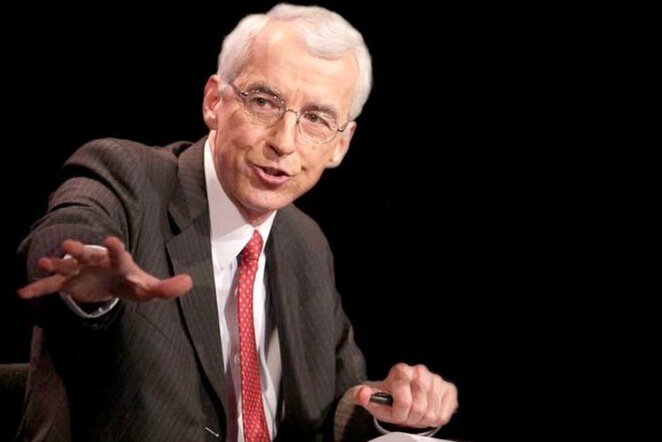




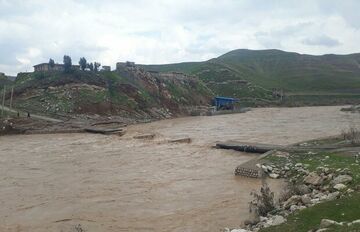





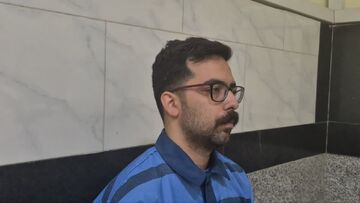
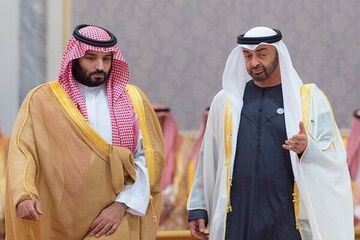

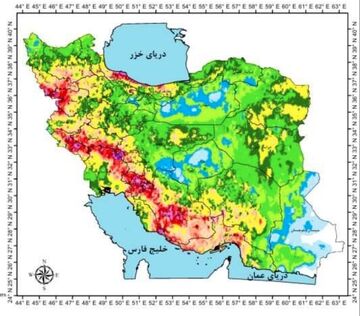
نظر شما